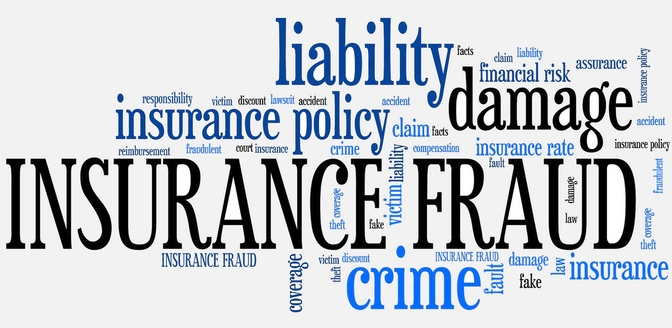About Us
Since 2000 BCSI has performed hundreds of successful investigations.
Our integrated team of investigators and support services ensure that the investigations are conducted in a timely fashion with leading edge techniques.
BCSI is considered the platinum standard of the industry based on the quality and the wide spectrum of its services as well as the expertise of the investigators.
|
|
Increase in Health Benefits Abuse and Fraud
With the ever increasing cost of living and economic hardship comes a rise in the prevalence of fraudulent activities. One area of criminal activity that is becoming progressively prominent is health benefits abuse and fraud. This begins a four-part series wherein BCSI examines this avenue of fraud that affects not only the benefit provider, the company, but also the plan member.
|
Fraud vs. Abuse
 Insurance fraud is an intentional a
ct to receive monetary ga
in by falsely reporting an insurance claim.
Whereas insu
rance abuse is described as the exce
ssive usage of a plan by exaggerating
claims. Fraud is more
likely to be premeditated
while abuse often occurs in situational circumstances. The Canadian Life and Health Insurance Association estimated that 2-10% of healthcare dollars spent in North America are fraudulent, and while healthcare services to Canadians soar over the $30 billion mark, the cost of fraudulent healthcare is staggering.
Insurance fraud is an intentional a
ct to receive monetary ga
in by falsely reporting an insurance claim.
Whereas insu
rance abuse is described as the exce
ssive usage of a plan by exaggerating
claims. Fraud is more
likely to be premeditated
while abuse often occurs in situational circumstances. The Canadian Life and Health Insurance Association estimated that 2-10% of healthcare dollars spent in North America are fraudulent, and while healthcare services to Canadians soar over the $30 billion mark, the cost of fraudulent healthcare is staggering.
|
Soft vs. Hard Insurance Fraud
Most health insurance fraud is soft fraud, or opportunistic fraud, where the claimant discovers a way to attain monetary gain when a circumstance arises. For instance, lying about the extensiveness of their health ailments in order or get extended disability leave. The employee could have come back to work after three weeks but they lied about the amount of pain they were still experiencing in order to get an extra two months off work.
Hard insurance fraud is more deliberate in that it is preplanned and often involves the efforts of many individuals. An example would be where a group of plan employees made a deal with a health clinic to receive false receipts which they would submit to their insurance provider and then the plan members and the clinic would split the proceeds from the reimbursement.
|
Contact Us
BCSI has the skills and resources to investigate health
 insurance fraud. Please feel free to contact our offices at 604-922-6572 for a free consultation with one of our lead investigators and learn how BCSI will assist you in developing a personalized investigation strategy to mitigate insurance fraud.
insurance fraud. Please feel free to contact our offices at 604-922-6572 for a free consultation with one of our lead investigators and learn how BCSI will assist you in developing a personalized investigation strategy to mitigate insurance fraud.
Be sure to read the next installment of the newsletter which will focus on how health insurance fraud is committed and who is responsible, the answer may surprise you.
|
|